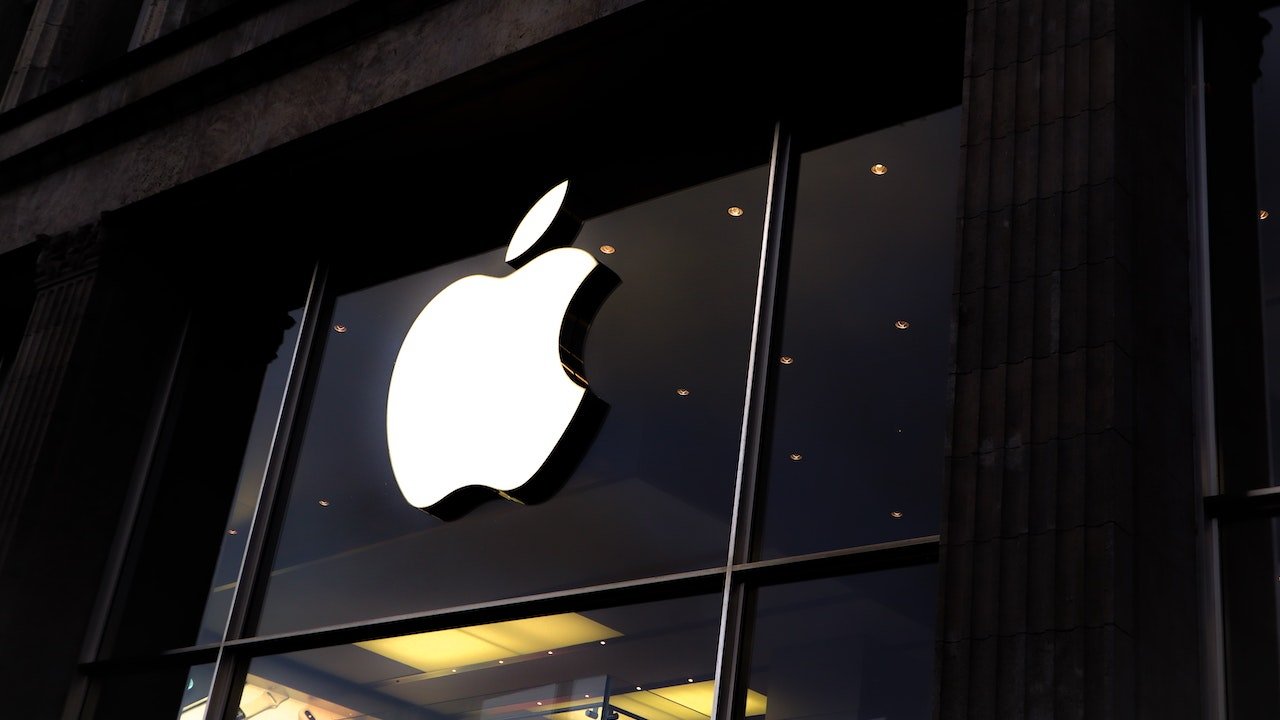The U.S. Supreme Court has declined to hear an Apple bid to revive an effort to invalidate a pair of Qualcomm patents, despite the settlement between the two companies.
The justices on Monday passed on Apple's appeal of a lower court ruling, stating that the iPhone maker lacked the standing to pursue the matter because of a settlement in 2019 between the two companies, Reuters has reported.
Qualcomm filed a lawsuit in 2017 against Apple, alleging that the company's iPhones and other devices infringed on some of its mobile patents. In 2019, the parties settled the litigation and signed an agreement that allowed Apple to continue using Qualcomm modems in its smartphones.
While that settlement included licenses to many of Qualcomm's patents, it also allowed an Apple bid to challenge the validity of two patents at the Patent and Trademark Office's Patent Trial and Appeal Board (PTAB).
The PTAB ruled in Qualcomm's favor. In November, the U.S. Court of Appeals for the Federal Circuit dismissed Apple's appeal, stating that its settlement with Qualcomm precluded it from attempting to invalidate the San Diego chipmaker's patents.
Apple argued to the Supreme Court that Qualcomm could again sue it after the settlement expires in 2025, noting that the chipmaker has a "history of aggressively enforcing its patents."
In a brief to the Supreme Court in May, the Biden Administration urged the justices to reject Apple's appeal.
 Mike Peterson
Mike Peterson








 Charles Martin
Charles Martin
 Malcolm Owen
Malcolm Owen
 William Gallagher
William Gallagher

 Christine McKee
Christine McKee
 Wesley Hilliard
Wesley Hilliard

 Andrew Orr
Andrew Orr








14 Comments
Why didn’t they just settle all the issues between them in 2019 instead of leaving this matter unresolved?